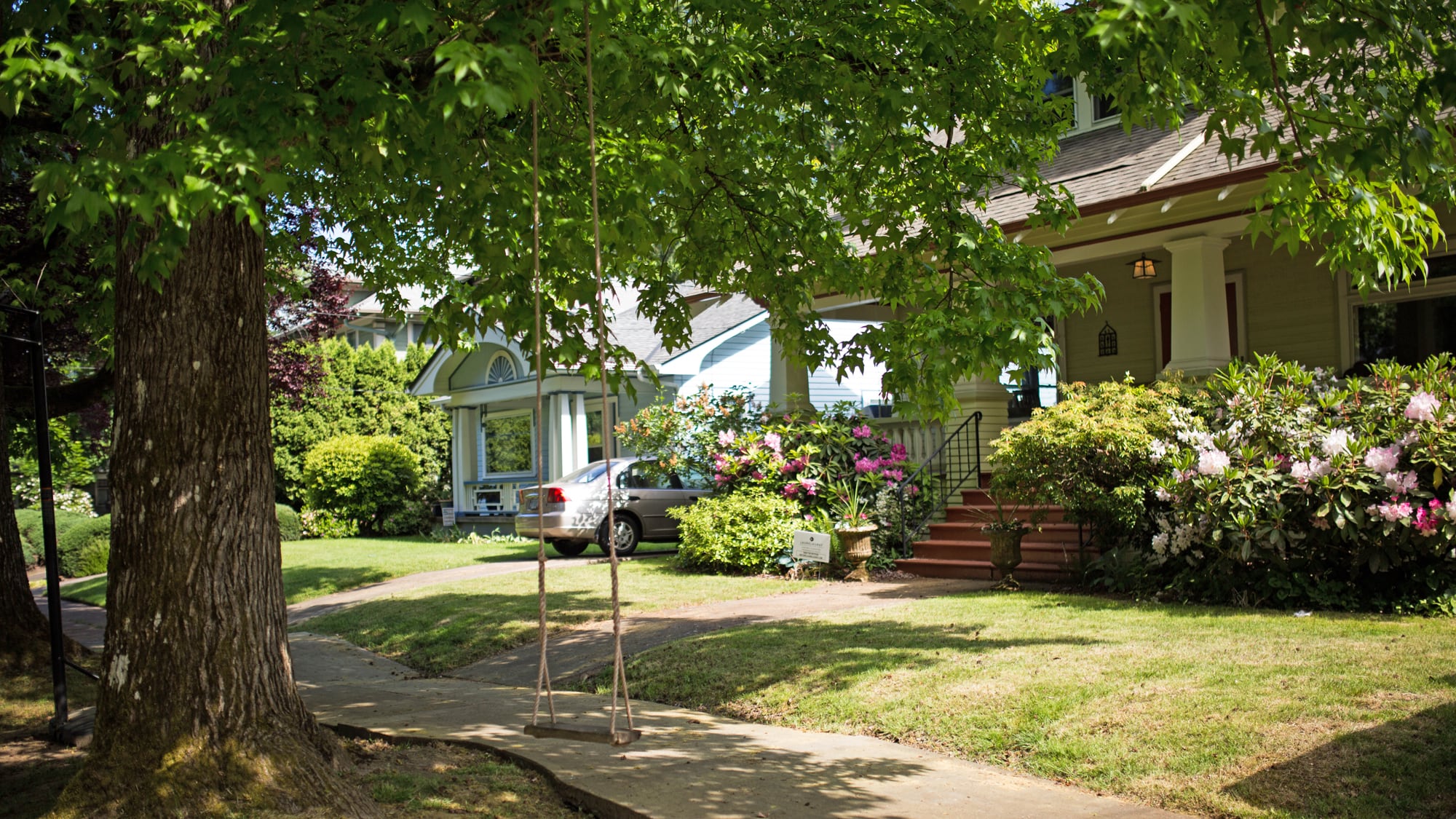The Multnomah Neighborhood Association has now raised $70,000 as part of its legal challenge to the city's 2035 Comprehensive Plan, which laid the groundwork for a potential shift in Portland's single-family neighborhoods.
"The MNA is actively seeking additional tax deductible donations," says James Peterson, the neighborhood association's land use chair.
The neighborhood association has gone to the Oregon Court of Appeals to challenge the Comprehensive Plan, which lays out the city's land-use plans for a decade and beyond, including the first step to allow what it calls "middle housing" in neighborhoods currently zoned for single-family homes only.
(City Council hasn't moved onto the second step of passing the residential infill project, the zoning that would allow up to four units on single family lots in much of the city.)
The legal challenge shows the contradictions in the city's structural and financial support of neighborhood associations, some of which in turn oppose the city's own efforts to create more housing in the city.
Multnomah Neighborhood Association, which represents the Multnomah Village neighborhood in Southwest Portland, has also weighed in to oppose two related pieces of state legislation, which would allow more building in single-family neighborhoods. House Bill 2001, backed by House Speaker Tina Kotek, would require cities of 25,000 or more to allow duplexes, triplexes and quads in single-family neighborhoods and cities of 10,000 or more to allow duplexes. Senate Bill 10, backed by Senate President Peter Courtney, which would upzone areas near frequent transit in some cities.
Related: Could Oregon Become the First State to Ban Single-Family Zoning?
In a letter this week, the group weighed in against SB 10.
"By removing community rights to tailor development reflective of the geomorphology, history, culture, and economy of a particular local area are why the Multnomah Neighborhood Association opposes SB 10, as amended," wrote Maria Thi Mai, neighborhood association chair, in a June 10 letter.
Related: Oregon Lawmakers Are Pushing for Dense Housing on Portland's Transit Lines

